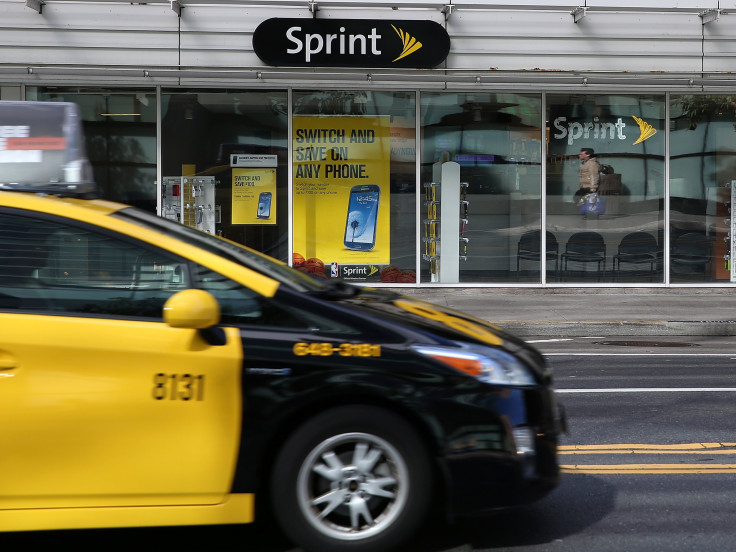Sprint Corp. Sees Grim Cuts Ahead, Including More Layoffs, Lower Severance Payouts, No More Free Yogurt At Company HQ

As one of the nation’s largest mobile services providers seeks to slash $2.5 billion in costs amid an aggressive campaign to recover lost subscribers, Sprint Corp. is making tough choices that will be felt by all 31,000 of its employees. Workers will be laid off with less generous severance pay; those who keep their jobs will forgo raises. Health insurance costs will rise. And for the employees at Sprint’s Overland Park, Kansas, headquarters, there will be no more complimentary yogurt and bottle water.
“Nothing is beyond consideration,” Sprint Chief Executive Marcelo Claure wrote in a gloomy companywide email obtained by the Wall Street Journal, describing the need to find cost savings wherever possible.
Considering Sprint’s contractual obligations to rivals that gives it access to cell towers and the Internet for its subscribers, Claure will have to make some deeply unpopular choices in the months ahead to cut costs while fighting to recover lost ground against rival T-Mobile US Inc.
The freebies at corporate headquarters were introduced by Claure shortly after he took the CEO position in August 2014, but the Journal said the bill for corporate headquarter freebies was on track to cost $600,000 a year, a difficult expense to justify when the company has shed about 7,000 employees since December 2013 with more layoffs in the works.
Sprint shareholders aren’t likely to nod approvingly at the pricey complimentary snacks program, either.
Sprint Corp. (NYSE:S), a U.S. subsidiary of Japan’s Softbank Corp., will report its July-to-September results Tuesday. Analysts expect the carrier to post another quarterly loss, lower year-over-year sales and a slightly higher number of subscribers. Analysts polled by Thomson Reuters expect the carrier to report $8.1 billion in revenue, about 4 percent down from the same period last year, and estimate a loss of about 8 cents a share. Sprint’s share price is down more than 20 percent in the past 12 months.
For the past couple of years, Sprint has been trying to keep T-Mobile away from third place in the nation’s mobile services market while Verizon and AT&T wage their own battle well above their closest rivals. But after Sprint dropped to No. 4 in August in subscriber count, the writing was on the wall.
T-Mobile’s successful marketing lured customers away, forcing Claure to invest in countermeasures, including aggressive iPhone pricing plans and a service where Sprint employees make house calls to help customers buy and set up their smartphones.
Claure has said he needs to bring down the ratio of sales to expenses, which is considerably higher than its three rivals. Moving forward, apparently that includes fewer goodies in company break rooms.
© Copyright IBTimes 2024. All rights reserved.






















